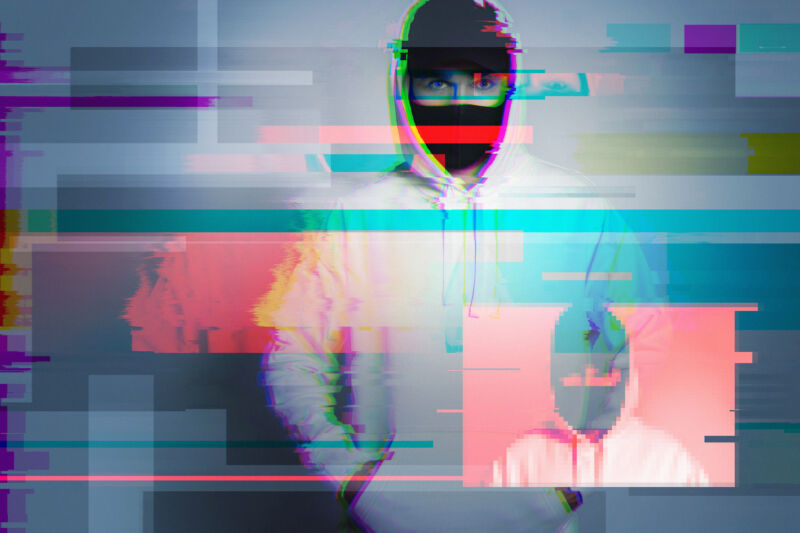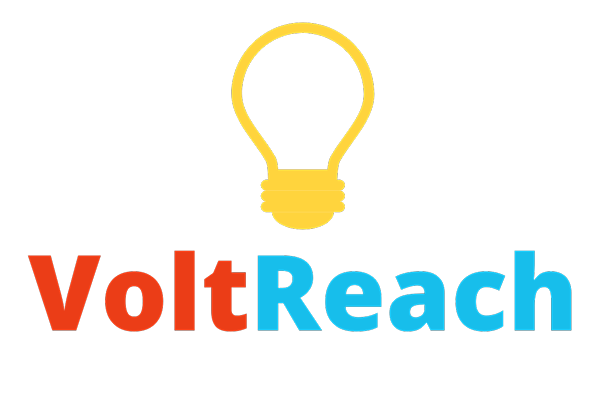Last December, the Assembled Countries cautioned of an ignored however basic “arising psychological oppressor danger”: fanatics radicalizing individuals from internet gaming networks.

In spite of adequate interest in saving gamers from such double-dealing, specialists say that an absence of exploration financing on the subject has put the gaming business behind interpersonal organizations with regards to counterterrorism endeavors. However, that is beginning to change. Inside the previous week, specialists let Ars know that the US Division of Country Security has, interestingly, granted subsidizing — almost $700,000 — to an examination bunch working straightforwardly with significant gaming organizations to foster compelling counterterrorism techniques and safeguard weak gamers.
The new venture will traverse two years. It’s initiated by Middlebury School’s Organization of Global Investigations, which has the Middle on Psychological oppression, Fanaticism, and Counterterrorism (CTEC). Bad habit detailed that different accomplices incorporate a philanthropic called Take This, which centers around gaming influences on emotional wellness, and a tech organization called Consistently, which Bad habit says works “to tackle the issue of terrible internet based conduct at scale.”
The scientists have summed up their overall objectives for the DHS project as “the improvement of a bunch of best practices and unified assets for observing and assessment of radical exercises as well as a progression of preparing studios for the checking, location, and counteraction of fanatic double-dealing in gaming spaces for local area directors, multiplayer creators, legend engineers, mechanics fashioners, and trust and security experts.”
Take This examination chief Rachel Kowert let Ars know that the essential target of the task is to foster gaming industry-centered assets. Her gathering’s aggressive arrangement is to connect with enormous organizations first, then, at that point, draw in more modest organizations and non mainstream designers for greatest effect.
Alex Newhouse, representative overseer of CTEC, let Ars know that the task will begin by focusing on large gaming organizations that “basically behave like social stages,” including Roblox, Activision Snowstorm, and Bungie.
In spite of the fact that task subsidizing was recently supported, Newhouse said that CTEC’s work has proactively started. For quite a long time, the gathering has been working with Roblox, and Newhouse said it is likewise in “extremely fundamental” consults with the Diversion Programming Relationship about ways of extending the undertaking.
Acquiring web-based entertainment counterterrorism techniques
Newhouse expressed that inside DHS, the FBI has become progressively keen on research like CTEC’s to battle homegrown psychological warfare — yet, as far as anyone is concerned, no government association has subsidized such information assortment. In spite of the fact that his venture is just supported for two years, Newhouse needs to push the gaming business in the span of five years to execute similar principles for fighting fanaticism that person to person communication stages as of now have.
“I need game engineers, particularly enormous ones like Roblox and Microsoft, to have committed counterextremism in-games groups,” Newhouse told Ars. “In nowadays, we really want to push to be that complex on the games business side also.”
Newhouse plans to depend on his experience assisting tech monsters with enjoying Google and Facebook arrange counterterrorism groups. He says that CTEC’s greatest need is persuading the gaming business to put resources into proactively directing fanatic substance by “executing progressively complex proactive location and balance frameworks” that informal communities additionally use.
By and large, Newhouse said that gaming organizations have depended generally on players to report radical substance for control. That is not a sufficient technique, he said, on the grounds that radicalization frequently works by siphoning up a gamer’s confidence, and individuals who are controlled to see this kind of internet based commitment as sure frequently don’t self-report these radicalizing occasions. By depending rigorously on client reports, gaming organizations “won’t really distinguish anything on the underlying enlistment and radicalization level,” he said.
Daniel Kelley, the partner chief for the Counter Maligning Association’s Middle for Innovation and Society, let Ars know that web based gaming organizations are around 10 years behind online entertainment organizations in hailing this issue as basic.
Restricted financing for web based gaming counterextremism endeavors
Kowert, of Take This, first became inspired by the connection between web based gaming networks and genuine vicious radicalism after she experienced a 2019 broadly delegate review from ADL. It tracked down that almost 1 of every 4 respondents “were presented to radical racial oppressor philosophy in web based games.” Newhouse said that gauge is “presumably excessively moderate as of now.”
In any case, ADL said, “the proof of the far reaching radical enlisting or putting together in internet game conditions, (for example, in Fortnite or other famous titles) stays narrative, best case scenario, and more examination is expected before any expansive based cases can be made.”
Today, the examination base remaining parts restricted, however it has become evident that the issue isn’t simply affecting grown-ups. At the point when ADL extended its overview in 2021 to arrive at right around 100 million respondents, the study included youthful gamers ages 13-17 interestingly. ADL observed that 10% of youthful gamers were “presented to racial oppressor philosophies with regards to online multiplayer games.”
Kowert quickly answered the 2019 ADL report by turning her exploration and collaborating with Newhouse. She let Ars know that the explanation there’s so little examination is on the grounds that there’s so little financing.
Kelley advised Ars that while it’s great to see research at long last get subsidizing, ADL suggests that administration infuse much more financing into stopping the issue from the beginning. “This isn’t an opportunity to be supporting stuff with small detail reserves,” Kelley said. “There’s much more that the Branch of Equity needs to do to finance these sorts of endeavors.”
Also Read: With Attempted Murder Man Accused of Armed Robbery at Casino Charged




















Leave a Reply